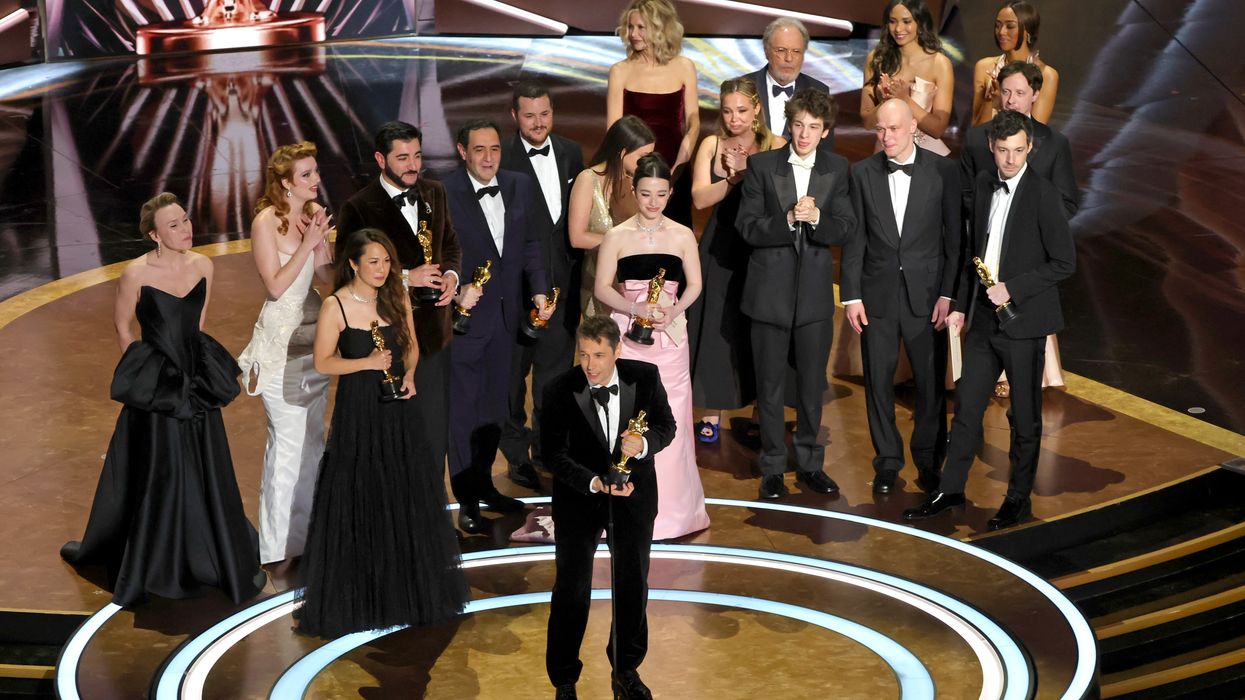Neon, the indie film distributor, has once again proven its knack for Oscar success, this time with Sean Baker’s Anora, a film about a sex worker’s whirlwind romance. The movie’s big win at the Oscars has left us all in awe, not just for its cinematic experience but also for Neon’s high stakes unconventional marketing strategy. This wasn’t Neon’s first rodeo though. The company had previously helped Parasite (2019) make history at the Oscars, spending around $20 million on its awards campaign.
For Anora, the approach was different. Instead of courting critics and industry insiders, they tapped into the film’s Gen Z appeal and grassroots charm. One of their biggest moves was a pop-up merch shop in an LA auto repair yard, where 300 eager fans lined up hours before opening. The limited-edition Anora merchandise, racy “Little Wifey” thongs for $15, cheeky slogan T-shirts, and retro-style posters quickly became collectibles. Rather than courting Academy members with lavish screenings, Neon filled early showings with sex workers, ensuring buzz that felt authentic to the film’s subject matter.
This gamble paid off. Anora not only outperformed competitors like The Brutalist, Conclave, and A Complete Unknown but also tapped into a younger, more diverse Academy voter base. When traditional Oscar contenders relied on old-school prestige, we can clearly say that Anora thrived on cultural relevance and digital virality.
Financially, the risk was worth it. The film, made for just $6 million, has already crossed $40 million at the box office, with lucrative streaming deals on Apple and Amazon expected to push profits even higher. Meanwhile, rivals took more conventional routes. A24’s The Brutalist released understated merch, while A Complete Unknown banked on premium fashion collaborations, selling a $1,200 Dylan-inspired jacket and $12,895 Triumph motorcycle.
Neon’s strategy shows us that an Oscar campaign isn’t just about prestige but also about creating a movement. And with Anora, they didn’t just sell a film. They sold a cultural moment.





